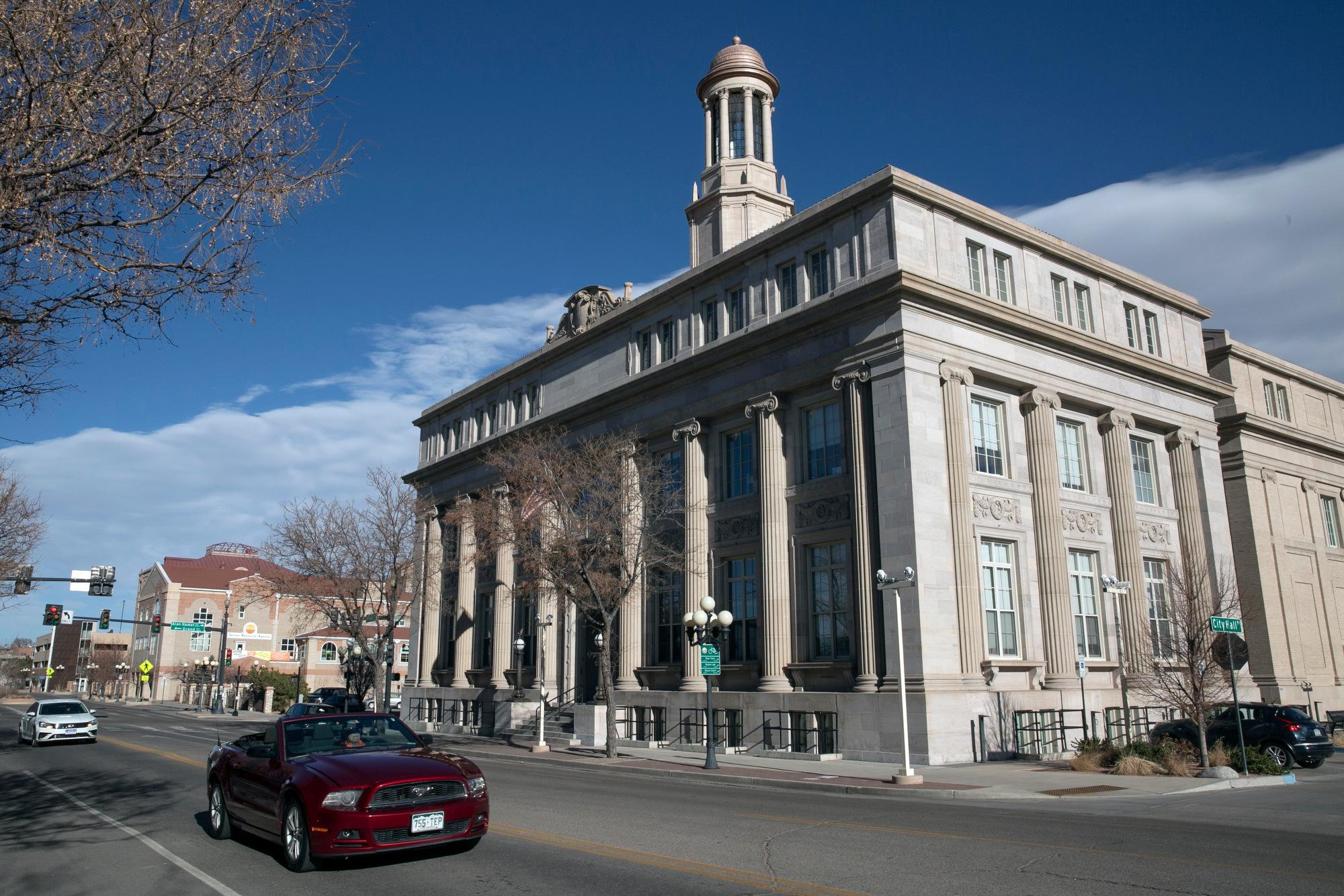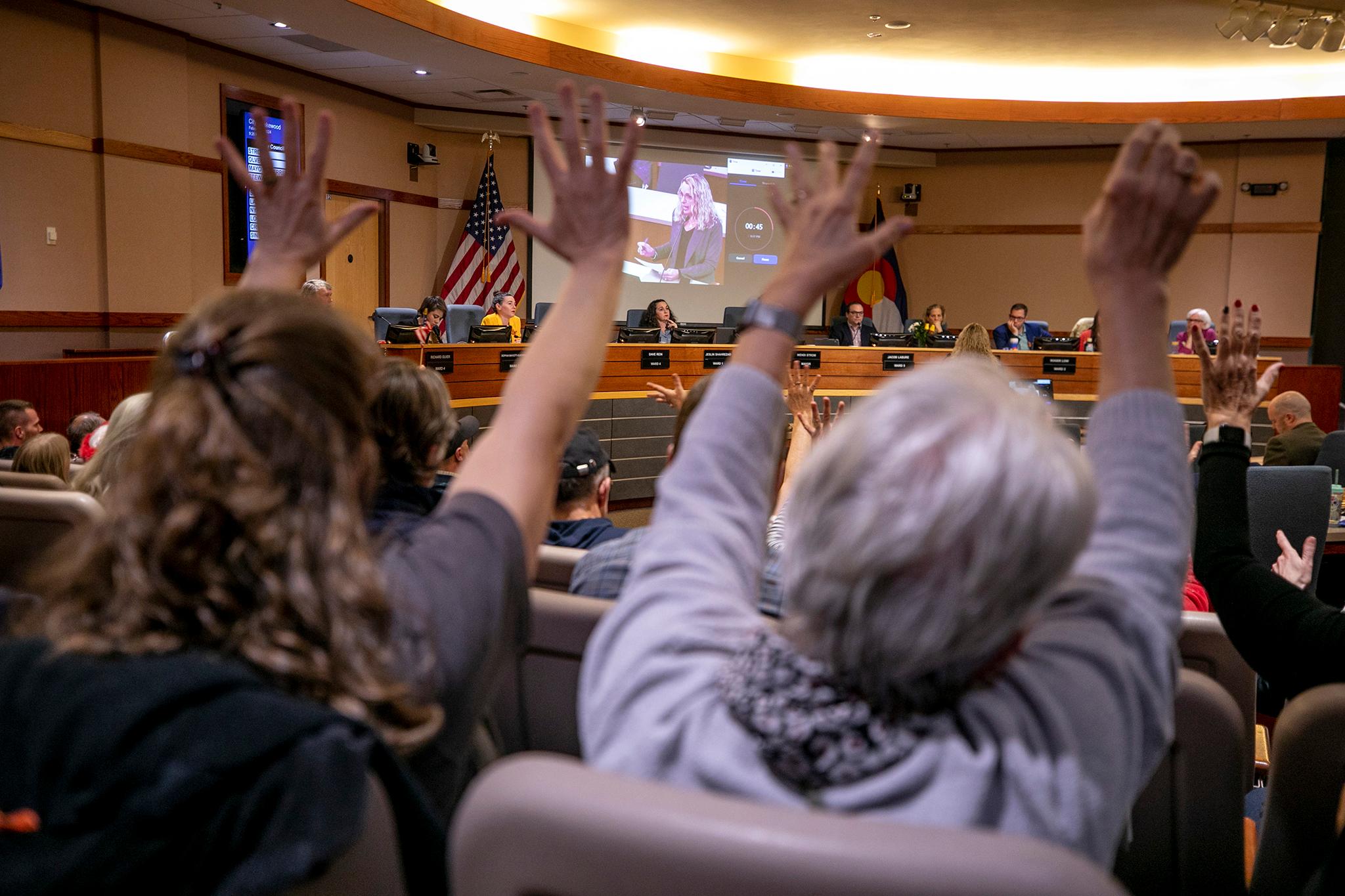
Grand Junction officials say Denver Mayor Mike Johnston is not planning to send new immigrants to the Western Slope’s largest city, despite comments suggesting otherwise.
The misunderstanding was prompted by a Feb. 6 Denver City Council meeting in which Johnston said Ft. Collins and Grand Junction were open to partnering with the city of Denver. Grand Junction Mayor Anna Stout said in a news release, Tuesday, that wasn’t the case.
Stout added that Johnston had apologized and “was very gracious about it and seemed to understand how complicated the situation has become here because of the reporting.”
The growing crisis of newcomers to Denver has kicked off a flurry of municipal actions around the state from areas worried about taking in dozens of new residents who recently crossed the southern border.
Colorado Springs passed a resolution affirming that they are not a “sanctuary city,” a broad term that, while without a single definition, generally refers to local governments with policies that limit how much information they share with federal agencies like Immigrations and Customs Enforcement.
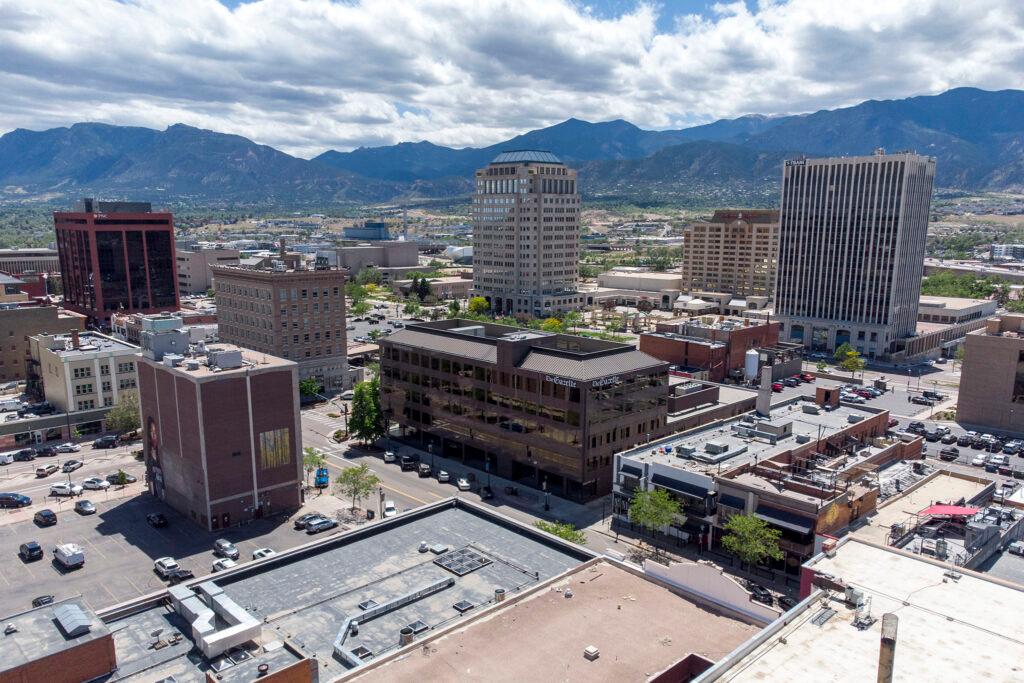
Arrivals from Denver don’t look like the buses from Texas.
Denver’s city government has supported more than 38,000 new immigrants, with shelter, hotel rooms, legal support, food, clothing, and transportation to other cities where people have pre-existing connections or work opportunities. Meanwhile, thousands of volunteers have rallied to offer newcomers housing, work, food, clothing, and logistical support.
Denver officials say they do not arbitrarily bus new immigrants from Denver to other places. Generally, each newcomer has to show how they will connect with family, friends, or employers in their destinations. And the messaging from the city has consistently encouraged new immigrants to go to other parts of the country, not the state.
Jon Ewing, a spokesperson for Denver Human Services, said the city has provided this kind of travel since long before new immigrants began arriving via charter bus, but has picked up since then. Ewing also explained the program is not designed in partnership with other cities nor is it meant to exist at scale. It’s intended to help individuals who ended up in Denver, but are trying to get somewhere else.
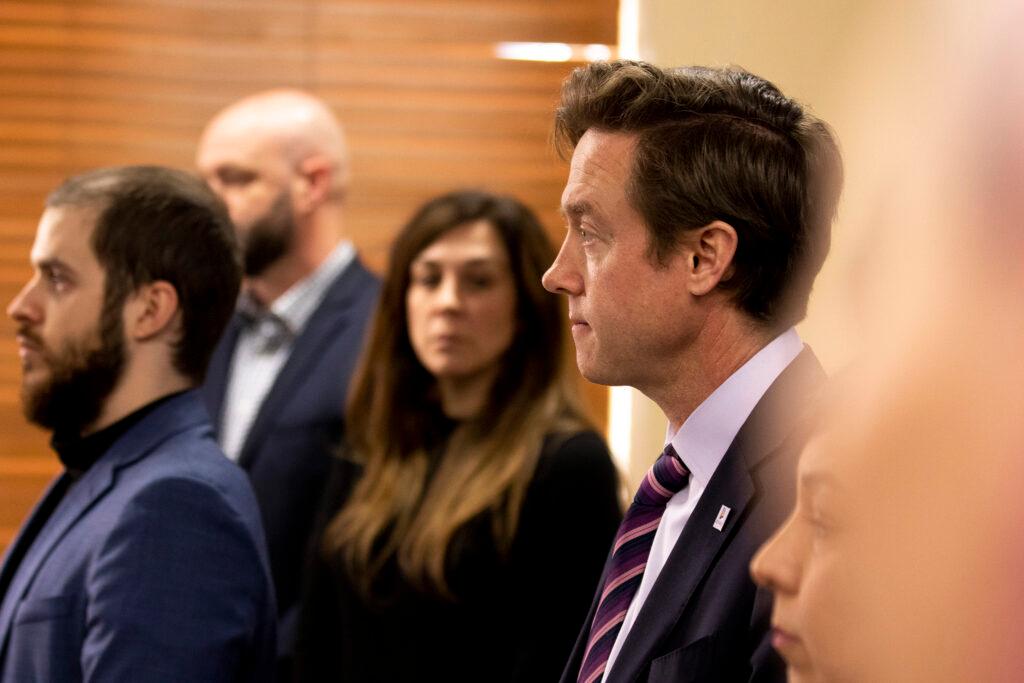
But cities around the state are increasingly facing residents’ fears around the issue.
The Roaring Fork Valley town of Carbondale has also been working to handle an influx of new immigrants that arrived last year, and Lakewood City Council was recently inundated by residents concerned the crisis could spill into their neighborhoods from Denver.
Lakewood Mayor Wendi Strom said that with Denver ending its housing support for some new immigrants, some of her constituents fear that Denver will send people to neighbors like Lakewood. But, city staff said, "Lakewood is not being solicited for hotel/motel or congregate housing support."
Lakewood's town manager reported to City Council this week that Denver "is actively and personally reaching out" to cities across the country, "to request permission/support to receive the migrants." The town manager reported, "Lakewood has no role in this program and has not been requested to participate," adding that the focus is an outreach to cities outside of the Denver metro region.
In Grand Junction, the city’s press release did note they’ve had emergency preparedness meetings with county staff but have no plans to welcome any new immigrants.
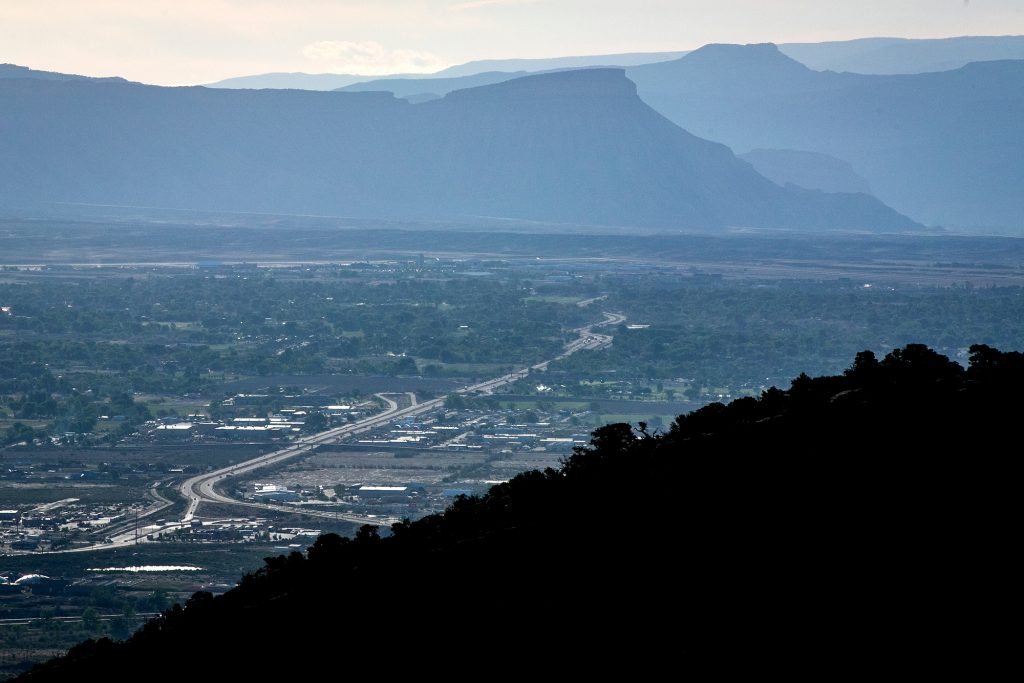
“Mayor Johnston went on to express to Mayor Stout that he is very conscious of the situation in Grand Junction and the fact that the city would not have the capacity or the political support to receive migrants,” the release said. “He stated that he wasn’t considering Grand Junction for a recipient community given those realities, and indicated he has had compassionate conversations with other communities like Fort Collins and Grand Junction, but did not have any commitment or plans from Grand Junction. He also said he has no intention of asking Grand Junction to receive any migrants.”
As Denver has grappled with the influx of new immigrants, Johnston has announced plans to curtail some city services in order to redirect funds toward the crisis.
And while the discourse around new immigrants in Colorado has increased exponentially, the actual rate of arrivals has dipped, allowing Denver some breathing room to work through its caseload, Ewing said.
“We haven't seen that many buses in February. I think we're at four for February in context, we received 144 charter buses in December.”
Rachel Estabrook and Kyle Harris contributed reporting to this story.





